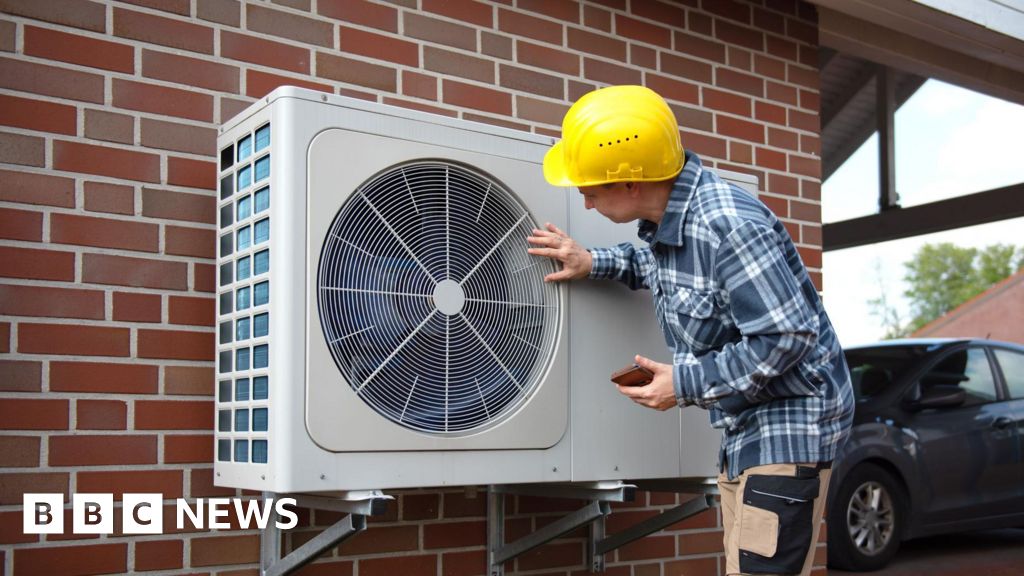
Visitors to the U.S. Capitol rest in the shade on Capitol Hill in Washington, D.C., U.S., June 25, 2025. REUTERS/Nathan Howard Purchase Licensing Rights, opens new tab
- Senate Republicans face challenges with tax and health provisions
- Democrats criticize bill as benefiting wealthy Americans
- Rural hospitals warn of negative impact from provider tax cuts
WASHINGTON, June 26 (Reuters) - Republicans in the U.S. Congress scrambled on Thursday to resolve nettlesome tax and health care provisions in their sweeping tax-cut and spending bill on Thursday as President Donald Trump pressed them to pass it by a July 4 deadline.
Trump plans to promote the $2.4 trillion package at an afternoon White House event that will feature truck drivers, firefighters, ranchers and other workers who say they would benefit from the bill.
Sign up here.
But Senate Republicans have yet to produce their version of their legislation ahead of a possible weekend vote, and the overall shape of the bill appeared more uncertain after a nonpartisan referee ruled that several healthcare provisions violated the complex process Republicans are invoking to bypass Democratic opposition.
Those elements collectively accounted for more than $250 billion in health care cuts, according to Democratic Senator Ron Wyden of Oregon. Democrats have lined up against the bill, portraying it as a wasteful giveaway to the wealthiest Americans.
It was unclear whether Republicans could opt to rework the bill to comply with the complex budget rules, as they have already done with some elements, or seek to override the decision by the Senate parliamentarian.
The bill encompasses much of Trump's domestic agenda. It would extend his 2017 tax cuts, boost immigration enforcement, zero out green-energy incentives and tighten food and health safety-net programs.
Republicans who control both chambers of Congress broadly support the package, and have already passed it out of the House of Representatives. But they can afford to lose no more than three votes in either chamber, and they remain at odds over several provisions -- notably a proposed tax break for state and local tax payments and a tax on health care providers that some states use to boost the federal government's contribution to the Medicaid health plan.
The bill would limit those "provider taxes," which nonpartisan watchdogs portray as an accounting trick that drives up Medicaid costs. But rural hospitals and other health providers warn that those cuts could force them to scale back operations or go out of business.
Writing by Andy Sullivan; Editing by Scott Malone and Franklin Paul
Our Standards: The Thomson Reuters Trust Principles., opens new tab
Andy covers politics and policy in Washington. His work has been cited in Supreme Court briefs, political attack ads and at least one Saturday Night Live skit.




.jpeg)



 English (US) ·
English (US) ·